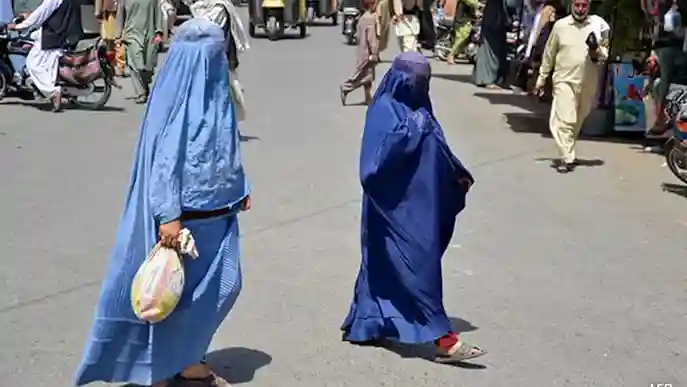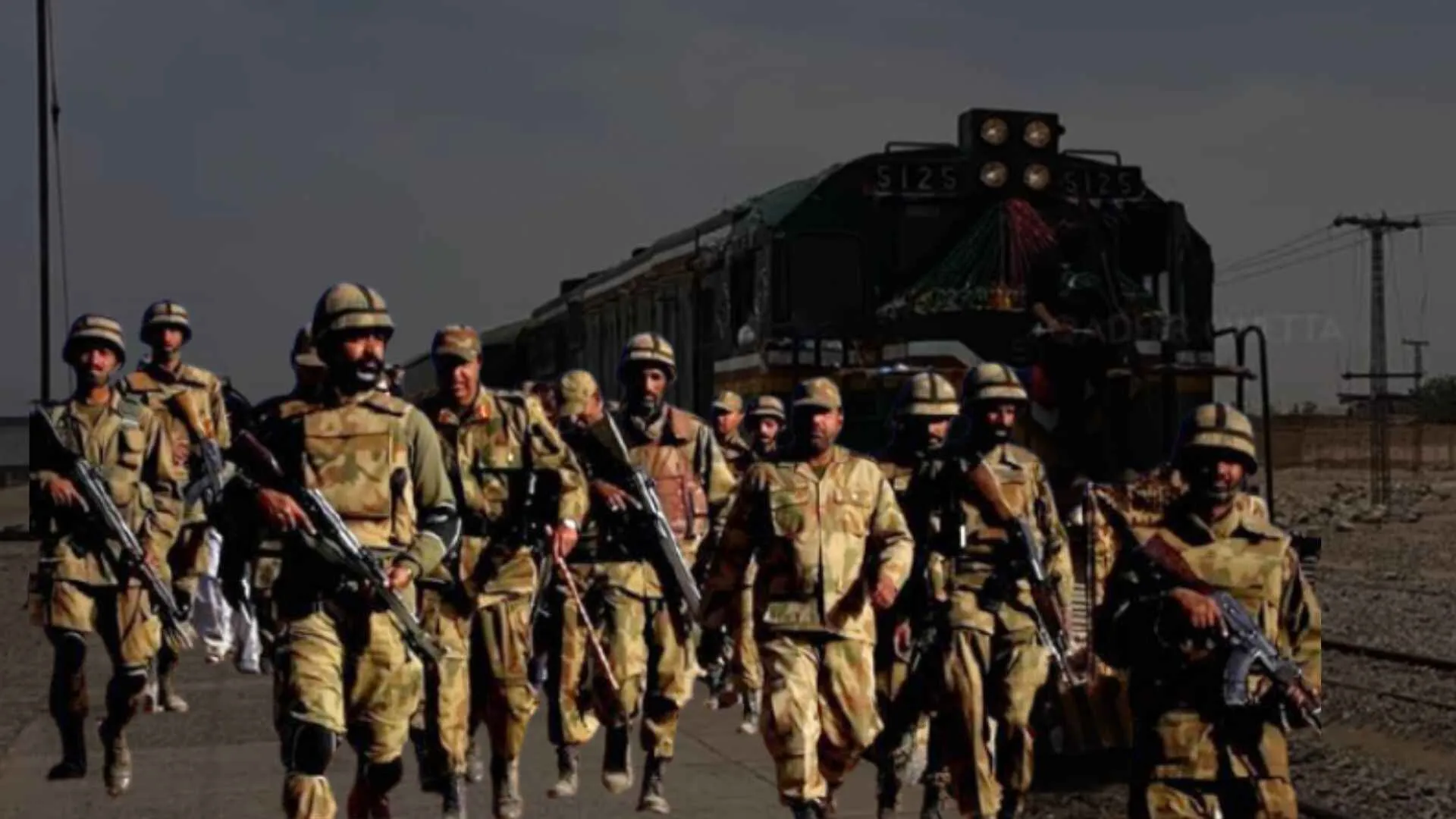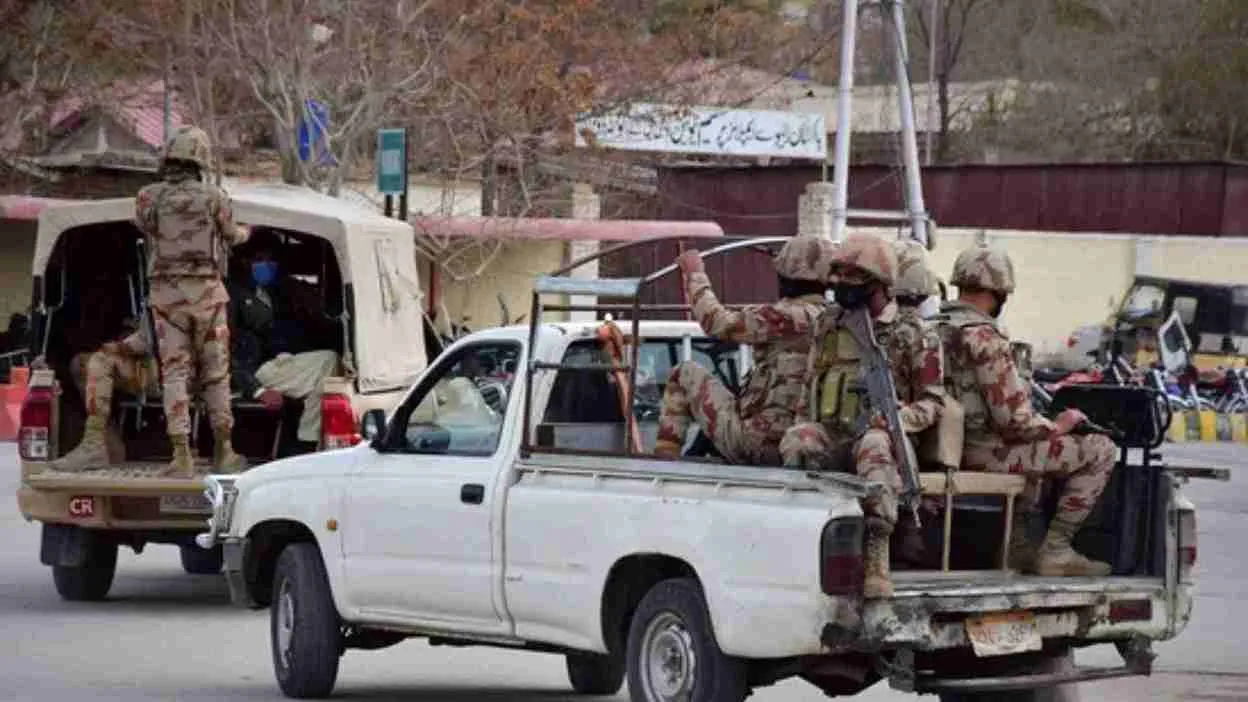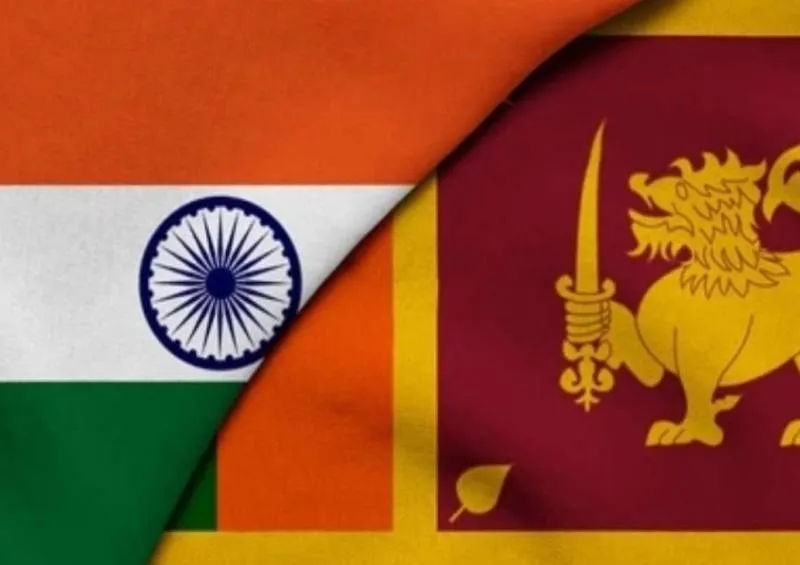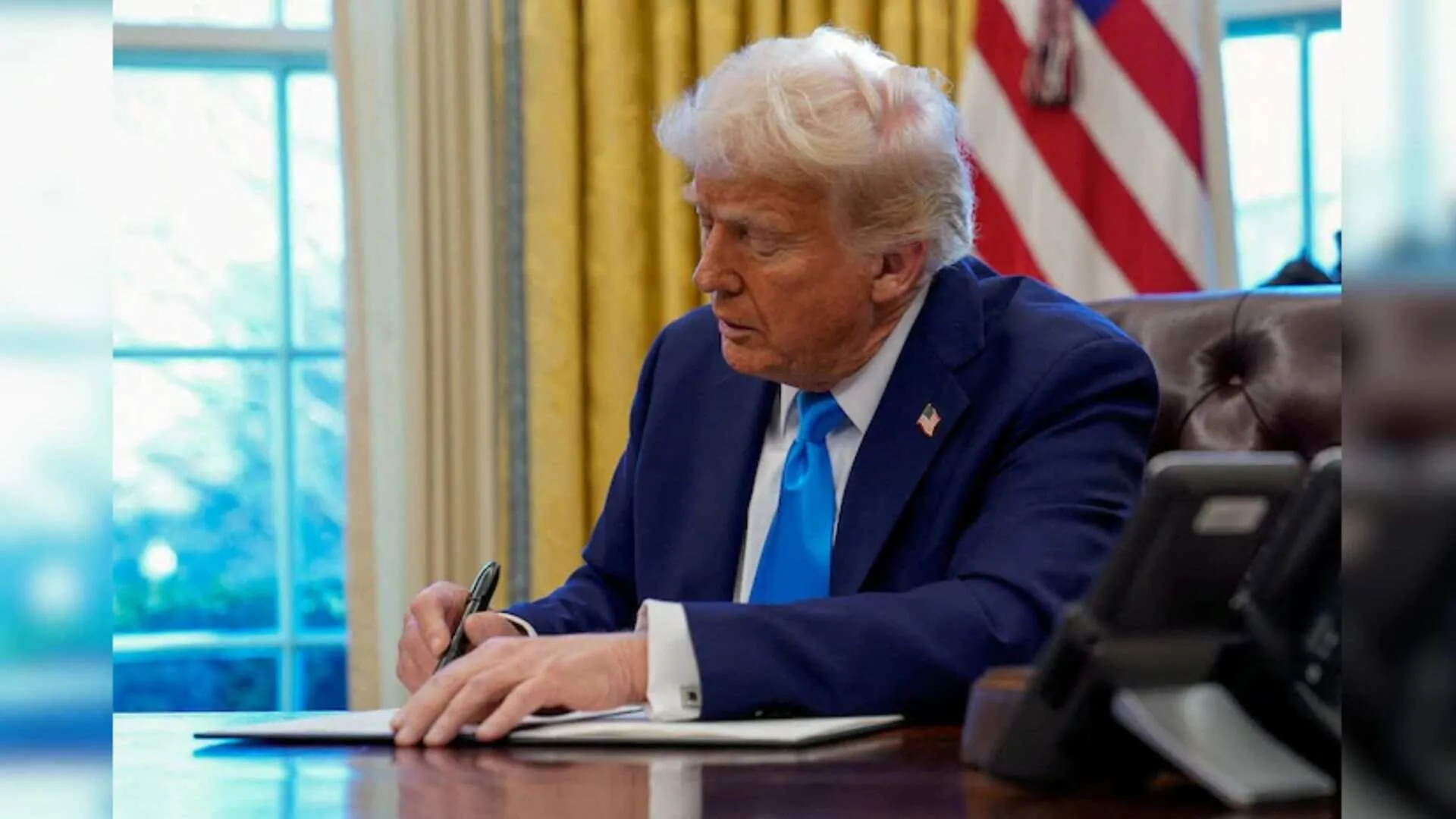In a step further to limit women‘s freedom in Afghanistan, the Taliban has ordered all national and international non-governmental organisations (NGOs) to stop employing women. The decision was made through a letter from the Ministry of Economy, published on X (formerly Twitter) on Sunday night.
The warning cautions NGOs that if they don’t comply, then strict measures will be adopted to the extent of even the suspension of their operation and their license. This new constraint is yet another move by the Taliban to sideline women in all aspects of life.
Official Directive and Warnings
The Ministry of Economy stated that it is responsible for overseeing domestic and foreign NGOs operating in Afghanistan. In its circular, the ministry emphasised:
“Once again, a follow-up circular has been issued to stop the work of female employees in non-Emirati and foreign institutions. In case of non-cooperation, all activities of the offending institution will be suspended, and their license will be canceled.”
This move follows a similar directive issued two years ago, when the Taliban instructed NGOs to suspend female employees, allegedly due to improper adherence to Islamic dress codes, as reported by the Associated Press.
Women’s Rights Erode Under Taliban Rule
Since their return to power, the Taliban has systematically rolled back women‘s rights throughout Afghanistan. Women have been barred from most jobs and public spaces, and girls are excluded from education beyond the sixth grade. This newest restriction on NGO employment represents yet another blow to women‘s access to economic independence and public participation.
Global Concerns Over Women’s Exclusion
The international community has repeatedly criticised the Taliban’s policies, warning that these restrictions could further isolate Afghanistan and hinder humanitarian efforts in the country. By barring women from NGO work, the Taliban risks crippling vital services that benefit countless Afghans.
This draconian order underscores the growing challenges faced by women in Afghanistan, as they continue to be systematically excluded from public and professional life.

